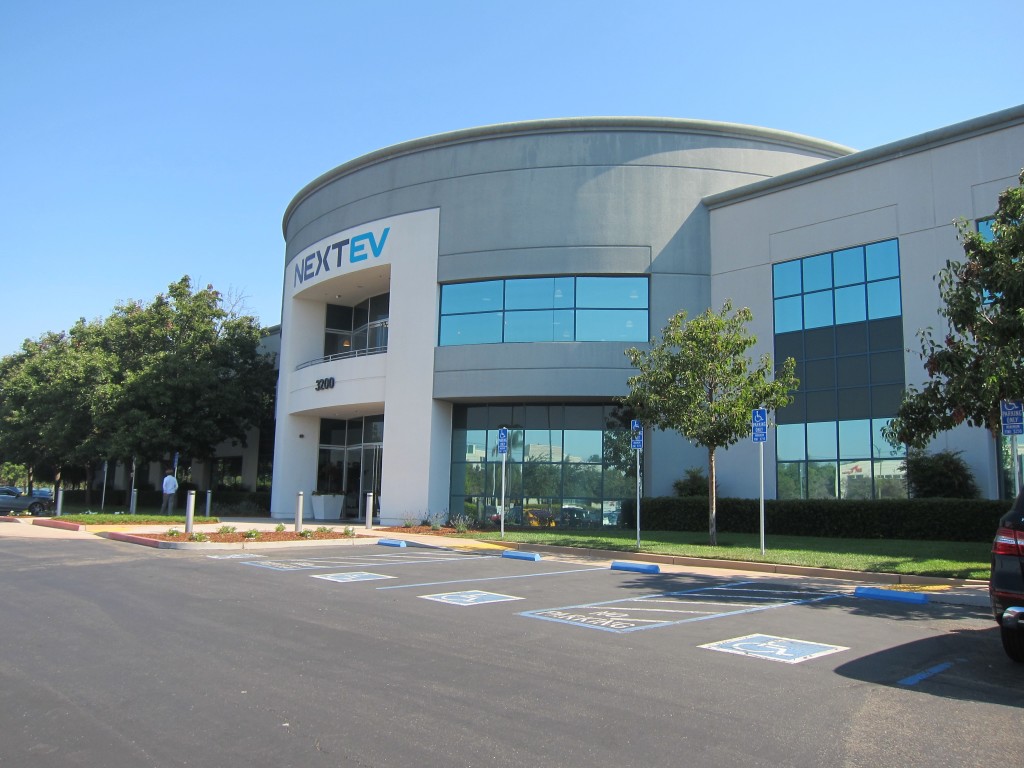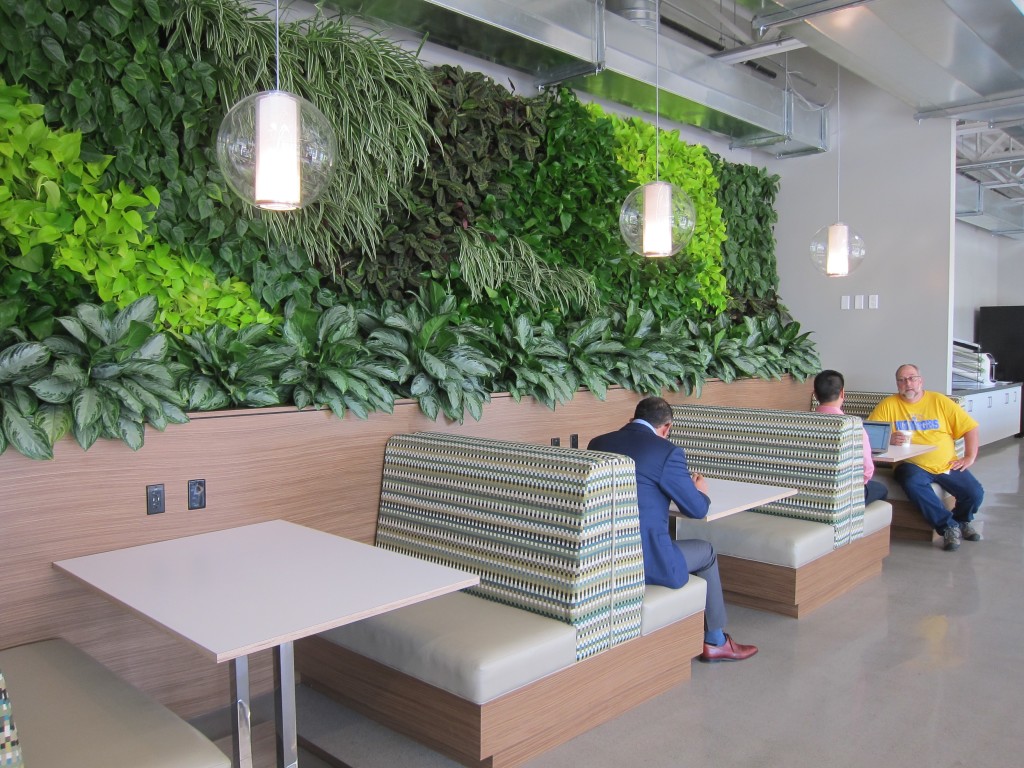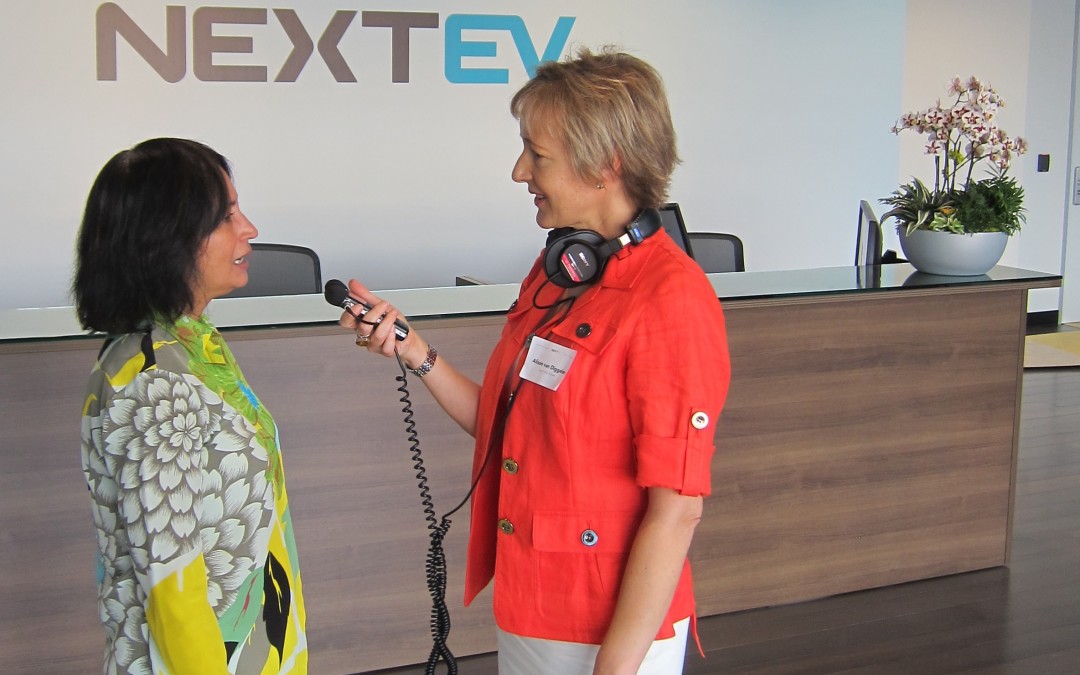By Alison van Diggelen, host of Fresh Dialogues
Today began with news that Apple was in talks with British carmaker McLaren about a possible acquisition, linked to Apple’s “Project Titan” electric car. Rumors were later squashed by McLaren, but attention is still on Apple’s autonomous car plans and speculation is mounting.
Meanwhile, my friends at the BBC invited me to share my (verified) interview with new electric vehicle company, NextEV. This Chinese startup, with a growing R&D facility in Silicon Valley has just come out of stealth mode and plans to reveal its “supercar” in November. When I interviewed Padmasree Warrior, CEO of NextEV USA last month, she couldn’t reveal the specs of the car, but my investigations concluded that it would be autonomous. This week, her spokesperson confirmed that both the first generation NextEV cars, to be manufactured in China, and those to be made at a manufacturing facility in the U.S. will be autonomous.
Listen to my report at the BBC’s Business Matters. Our electric/autonomous car discussion starts at 32:46.
Here’s a transcript of our discussion and my report (edited for length and clarity)
BBC Host, Anu Anand: Apparently Apple is NOT in talks with McLaren as reported by the Financial Times. This all underscores the feverish speculation about driverless car technology and where the major tech companies like Apple are putting their chips and what they’re doing to prepare products for this market. This is something you’ve been looking at too, isn’t it Alison?
Alison van Diggelen: Absolutely. Apple is notoriously secret…It’s well known they’ve been working for two years on the electric car (Project Titan). The latest speculation says they may be in talks with a San Francisco startup called Lit Motors. There is a race for electric vehicle talent and Apple recently laid off dozens of its team and is looking to fill that gap. I’ve been talking with NextEV, a real electric car maker that’s just coming out of stealth mode. Its CEO, Padmasree Warrior, invited me to visit its brand new R&D facility in San Jose. Here’s my report:
The race for affordable electric vehicles is heating up around the world. Here in Silicon Valley, just 10 miles from the factory where Tesla makes its electric cars, NextEV, an electric vehicle startup is racing to get on the track. Former CTO at Cisco, Padmasree Warrior now leads the U.S. facility of this global startup with operations in China, Germany and the UK. Despite her lack of car experience, Warrior’s bold approach to beat Tesla in China is earning her the name: “Queen of the electric car.”
Padmasree Warrior: When you think about cars in the old paradigm…people used to talk about Horse Power…we think in the future people will talk about ease of use, user interface, Artificial Intelligence. And so the shift from HP to AI is one of the shifts that we will embrace much more rapidly. Our opportunity within China is to combine all of the capabilities from the mobile Internet to focus on user experience – from ownership, to maintenance to post ownership services.
 NextEV US headquarters in San Jose is 85,000 square feet. When remodeling is complete, it will house a 10,500 square feet auto lab.
NextEV US headquarters in San Jose is 85,000 square feet. When remodeling is complete, it will house a 10,500 square feet auto lab.
Alison van Diggelen: Energized by NextEV’s $1Billion in funding, Warrior and her Silicon Valley R&D team has gone from zero to 160 employees in about 9 months. It has attracted auto and software experts from the likes of Tesla, Apple and Dropbox. It’s this focus on the software that Warrior hopes will differentiate her products in a crowded race. She suggests that the touch screens on NextEV cars will be more actively utilized than Tesla’s and the car will automatically “know who’s driving it.”
New team member skill-sets suggest that features will include voice interaction and autonomous driving.
I asked her if building an attractive car was important too?
Padmasree Warrior: This is why we have a design center in Munich; we have an amazing industrial design team and styling expertise… We believe European design is unbelievably superior in the consumer product space.
Alison van Diggelen: NextEV’s founder, Chinese Internet billionaire William Li has a global strategy that aims to leverage each location’s comparative advantage and use virtual reality tools to make sure that all its teams are driving forward together.
Padmasree Warrior: Silicon Valley is obviously the place to be for looking at technology, looking at disruptions. China’s expertise is manufacturing, supply chain…obviously the market is there.
NextEV hopes to make a flying start in the Chinese market next year, but is keeping the specs of its cars under wraps, until the “supercar” is revealed before the year end. Co-President Martin Leach confirmed that their cars will definitely be cheaper than Tesla’s.
He spoke to me from NextEV’s London office:
Martin Leach: We’re not making a company for ultra millionaires and billionaires and then trying to transition the company to a more affordable solution…the supercar plays a role in our overall strategy, and is being developed alongside our other mainstream products… from day one.
 The “living wall” in NextEV US Headquarters in San Jose, CA
The “living wall” in NextEV US Headquarters in San Jose, CA
With about 200 electric car companies in China alone, NextEV’s William Li has put his company’s chance of success at just 5%, but that doesn’t deter Warrior.
Alison van Diggelen: Although the odds are against her, Warrior – who’s known as a champion for women in tech – is following her own advice to women in business:
Padmasree Warrior: Be confident, go for what your dreams are. Sometimes, we second guess ourselves, we stay with what is comfortable rather than what we really desire to do. Take risks wisely, but take risks.
Alison van Diggelen: Her team in Silicon Valley is putting pedal to the metal to make it happen…
Continue listening to the podcast (@38:00) to hear our discussion about driverless car fears and the impact of this week’s Department of Transport guidelines for automated cars.
Find out more about Tesla’s plans and other Electric Vehicle developments at Fresh Dialogues
NB: As with all my BBC Dialogues and Reports at Fresh Dialogues, the copyright of this report remains with the BBC.




